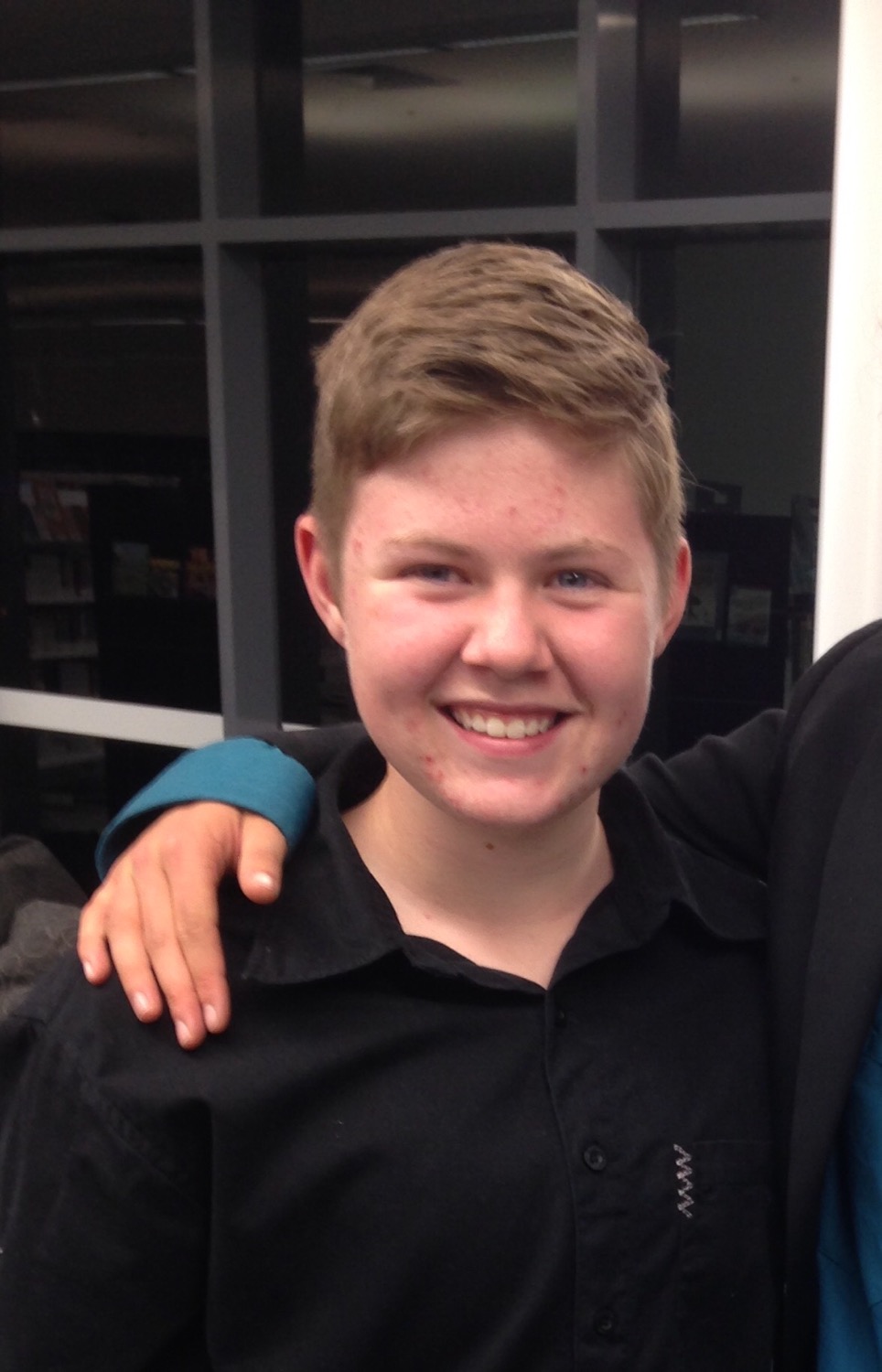TIME FOR POLITICIANS TO PUT THE MONEY WHERE THEIR MOUTHS ARE
- Alexander Dalton

- May 20, 2022
- 3 min read

I am frustrated.
As someone who was aspiring to move into the political sector, I am frustrated.
As a young person with lived experience of mental ill-health, I am frustrated.
Attitudes around mental health have changed a lot in the eight years I’ve struggled with mental health issues, particularly in the last two. We hear constantly about the ‘shadow pandemic’ of mental illness, the rising suicide rates. We read articles about students and young people struggling to live their lives, struggling to survive.
We have a Royal Commission, albeit Victorian-based, that shines a light on how truly broken the mental health care system is. We hear politicians sympathise; we hear them acknowledge how difficult our lives have been.
What good does that do when they refuse to make any campaign promises around fixing the system?
As the nation enters the final stages of this election campaign, neither major party has committed to any significant promises within the mental healthcare sector, and I am infuriated.
I am frustrated for myself as someone who has been struggling to navigate a fractured mental health system for eight years - struggling to make it to adulthood. I am infuriated for the young people who have to fight for their right to even be seen by a mental health provider, who have to wait months, who get bounced around a system that isn’t built for them.
The system isn’t built for us, and parliament isn’t doing anything about it.
Eighty per cent of Australians believe mental health should be a top priority for the next federal government, according to a recent YouGov poll on behalf of Orygen, Australia’s centre of excellence in youth mental health.
In the same poll, voters aged 18 to 24 singled out mental health funding as a key election issue, along with climate change, economic management and job security.
So where are the policies we need to address this issue? Representative government is a key component of our democracy; we have a right to know how the next government intends to address the issues we, the Australian public they have been elected to represent, deem important.
What does this lack of commitment say to young people?
Authority figures are very good at implementing what they think young people want, and not so good at listening to what they actually do want.
It’s important to recognise that parliamentarians represent all Australians, not just those of voting age.
As a 19-year-old entering my first election as a voter, I am disillusioned. I had plans to be involved in politics - I thought I could change the system from within, and perhaps one day that will be possible - but as it stands the political system we have created only perpetuates a hierarchy of power and connections that take years to accrue. This leaves young people unable to meaningfully advance until they’re no longer young people.
In this way, we’re not adequately represented in parliament, especially not within the key parties, and therefore rely on advocacy to have our needs recognised.
What happens when our voices are not heard?
I am not ungrateful for the funding already provided by the federal government for youth mental health care, however, much of the current funding is for the upkeep of existing services which are already bending under the pressure of an underdeveloped system.
This chronic underfunding means the system is constantly playing catch-up, and there’s never enough funding to create new services or implement solutions to relieve the pressure of a cracking youth mental health care system.
Something needs to happen. We can’t maintain things the way they are, something’s going to give, and I can only imagine what’s going to happen when it does.
We need to get on the front foot, as much as we can starting from the back, and implement new strategies to lighten the load on service pressure before the whole thing comes tumbling down.
What we truly need is a third service incorporated into the primary—tertiary service model that specifically addresses the needs of ‘the missing middle’, that is, those cases too complex for primary services such as headspace but who aren’t in need of tertiary services like in-patient care.
It’s not too late for the major parties to provide concrete plans for how they will improve the mental health care system ahead of this next election – it’s what Australians want, after all.








Comments